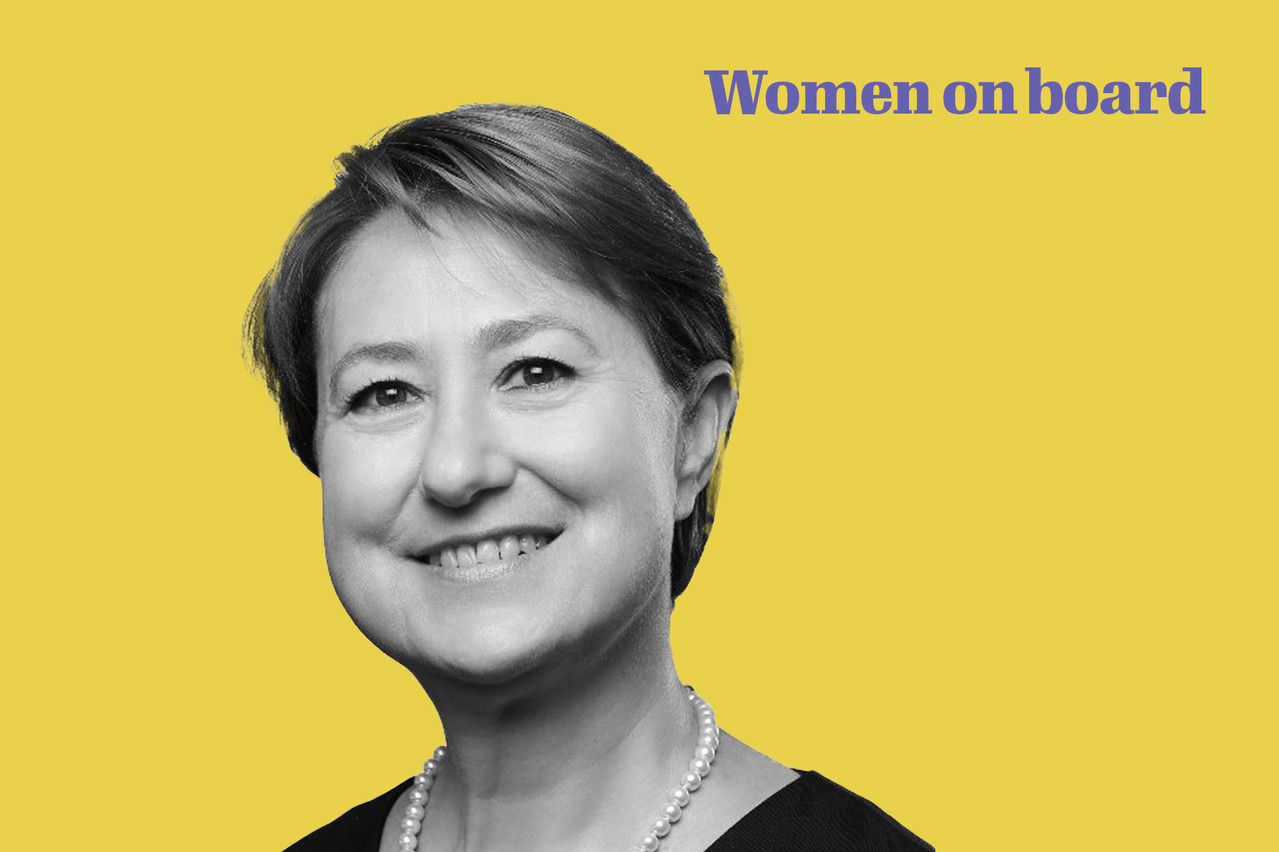Billyana Kuncheva is an investment and governance professional serving as a board director for fund management companies, investment funds and operating companies. Leveraging her senior executive experience, Kuncheva brings strong expertise in portfolio management, risk oversight, and product governance for both traditional and alternative investments.
She holds an M.Sc. (Econ) and is a CFA charterholder, with post-graduate investment and sustainability certificates from Yale-School of Management/Edhec and the London Business School. Kuncheva is an active member of Luxembourg professional organisations and their working groups. Her board director credentials include certifications from the ILA, Insead, and Ecoda.
Paperjam: What are the main challenges you’ve faced as a female independent board member?
Billyana Kuncheva: Opportunities are predominantly shared via informal networks, which are still male-dominated.
How do you handle resistance or skepticism directed at you?
I address any skepticism by building trust (in and out of the boardroom) and demonstrating with confidence relevant knowledge, openness to different points of view and ability to learn.
Do you believe gender equality is improving within boards of directors?
Industry surveys show board gender balance is improving. I remain an optimist that this trend will continue.
What is your opinion on quotas for women on boards?
I believe we are already experiencing good, albeit slow progress. Forced action tends to generate resentment. Women selected via quotas might be stigmatised and perceived as less qualified.
As a female board member, do you feel a particular responsibility to advocate for gender parity and inclusion?
Board diversity--including gender diversity--is the responsibility of all board members who are committed to creating inclusive culture and addressing underlying biases in order to improve the quality of decision making.
In your view, how does diversity impact a board’s performance?
Diverse boards (not only by gender) are better at identifying and mitigating risks, at reducing group-think and encouraging innovation, and therefore leading to higher employee engagement, talent retention and better client outcomes--and therefore better financial performance.
What solutions or policies could foster better gender parity?
Address workplace culture and equity to develop and promote female mid-level managers to senior leadership roles, introduce (mixed gender) mentorship programmes for male and female managers.
What advice would you give to a woman hesitating to take this path?
“One important key to success is self-confidence. An important key to self-confidence is preparation,” said Arthur Ashe. Lead with excellence, confidence, and the humility to keep on learning.
And what would you caution her against?
The two extremes: fear and/or complacency.
